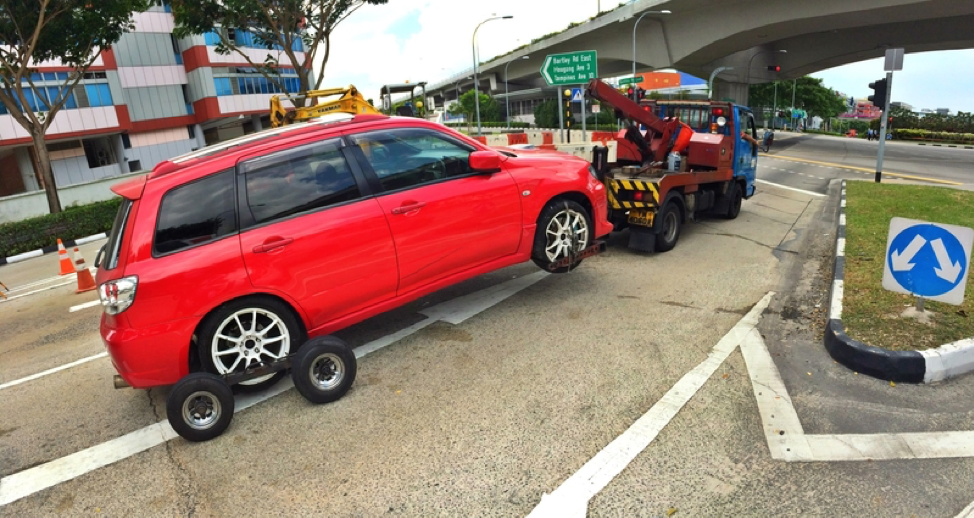When a lender agrees to finance a vehicle purchase, a lien is placed on that vehicle. The lien says that the lender has an interest in it until the loan balance is paid off. If a borrower doesn’t comply with the terms of an auto loan, the party that holds the lien has the right to repossess the car. What are some ways to increase the odds of doing so successfully?
Maintain Good Customer Relationships
Customers who feel as if they have been treated fairly by a lender may be willing to abide by a request to repossess a vehicle. Ideally, credit unions and other financial institutions will give them an opportunity to get current on a loan prior to repossessing their vehicles. This can help ensure that customers don’t cause scenes during a repossession or the next time that they visit a branch location.
Keep Assignment Length Short
There is a significant decrease in the odds of successfully repossessing post 90 days, so providing an incentive to locate and recover assets prior to that is important. Financial institutions should be sure that they have the correct name of the person who is on the loan. Furthermore, they should have the correct information about the loan balance and how far past due the loan is. Having this information may reduce the chances that a customer disputes the reason for the repossession or attempts to call the authorities to have it stopped. In the event that the car cannot be recovered, a lender may have no choice but to charge off the debt.
Stay Within the Law
Although a lender has the right to repossess a vehicle, the repossession must be done legally. Part of this is ensuring that whoever does actually takes the vehicle doesn’t disturb the peace in doing so. This may give a customer a reason to challenge the repossession or cause bad publicity for the lender. In some cases, a vehicle owner may have grounds to sue if his or her rights were violated. At a minimum, it means spending money in court, and that could negate some of the financial benefits of taking a vehicle back.
It is critical that you create a balance between getting vehicles back in a timely manner and doing so in a respectful manner. This may be done by having clear policies as to what could happen if a loan is not repaid on time. It can also be done by making sure that lenders adequately communicate with repossession professionals.

